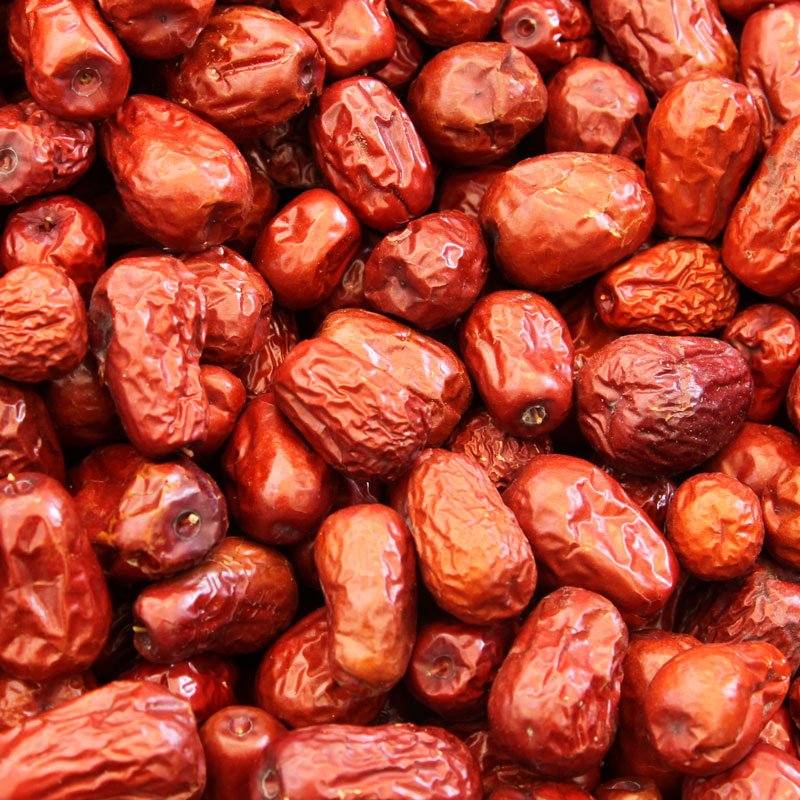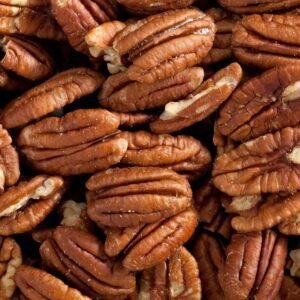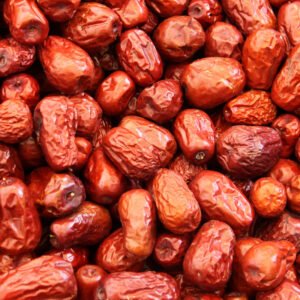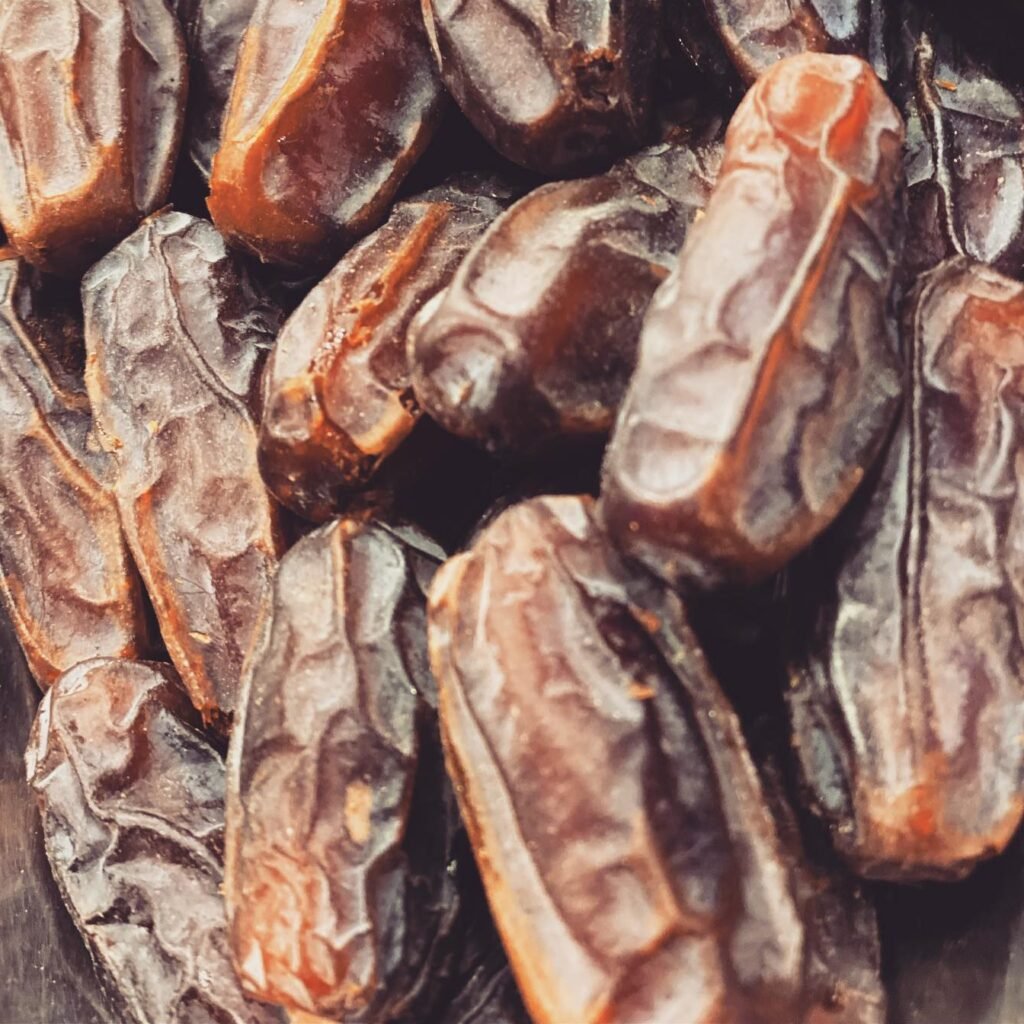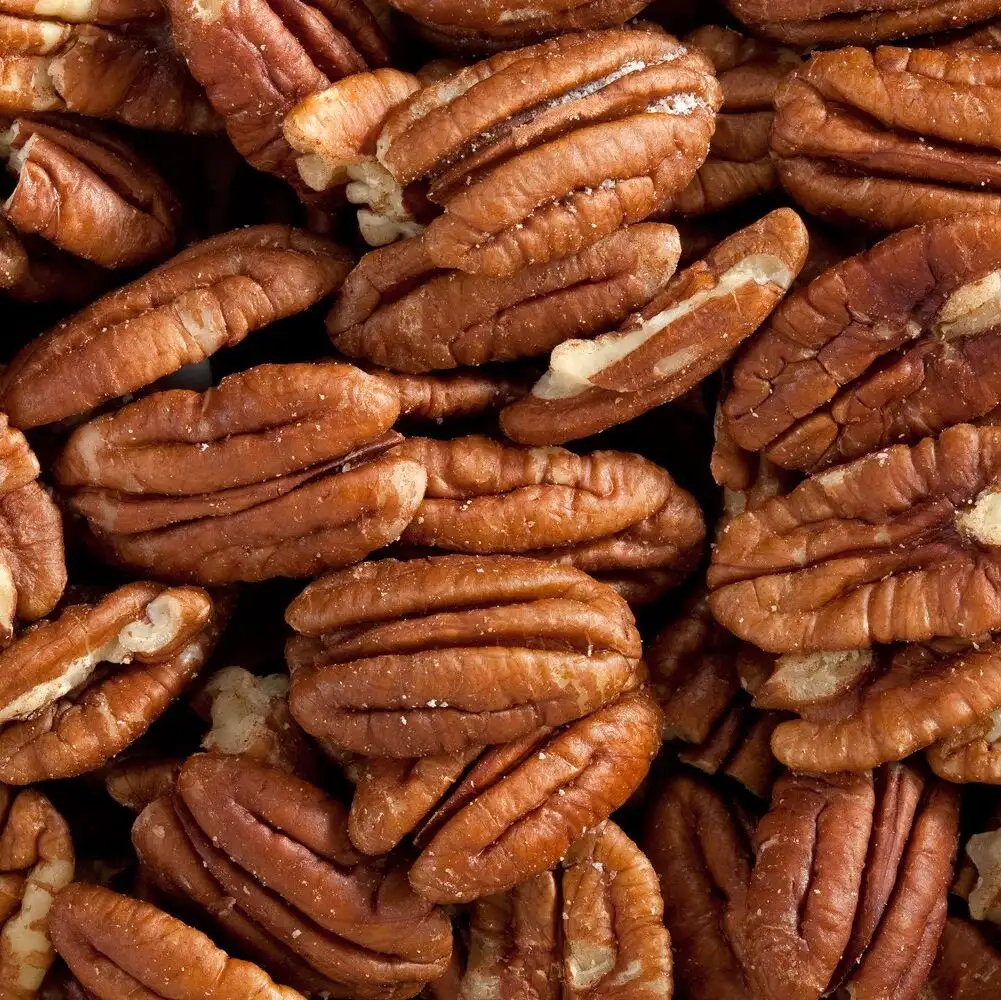Dried Jujubes
Jujubes, also known as Chinese dates, are a small fruit with a big impact. Originating from China, jujubes have been a part of traditional Chinese medicine for centuries, known for their numerous health benefits. While fresh jujubes can be hard to find in some parts of the world, dried jujubes are readily available and can be enjoyed as a tasty and nutritious snack. In this article, we will explore everything you need to know about dried jujubes, including their nutritional benefits, culinary uses, and potential side effects.
1. What are Dried Jujubes?
Dried jujubes are made by simply drying fresh jujubes, which are a small, red fruit that grows on trees. They are about the size of a cherry tomato and have a sweet, chewy texture with a flavor that is similar to dates. Jujubes can be eaten fresh, but they are more commonly dried for preservation and ease of use.
2. Nutritional Benefits of Dried Jujubes
Dried jujubes are a rich source of vitamins, minerals, and antioxidants. They are particularly high in vitamin C, which is essential for a healthy immune system, and have been shown to have anti-inflammatory and antimicrobial properties. Additionally, jujubes are a good source of dietary fiber, which can aid in digestion and help regulate blood sugar levels. Some studies have even suggested that jujubes may have potential benefits for heart health and cognitive function.
3. Culinary Uses of Dried Jujubes
Dried jujubes can be eaten as a snack on their own, or used in a variety of culinary applications. In Chinese cuisine, they are often used in soups and stews, where they add a sweet, fruity flavor to savory dishes. They can also be used in baking, as a substitute for raisins or dates in recipes. In Korea, jujubes are often used to make a tea, known as daechu-cha, which is said to have a calming effect and aid in digestion.
4. How to Select and Store Dried Jujubes
When selecting dried jujubes, look for plump, shiny fruits with no signs of mold or discoloration. They should be slightly soft to the touch, but not too mushy. Dried jujubes can be stored in an airtight container at room temperature for up to six months. They can also be stored in the refrigerator or freezer for longer shelf life.
5. Potential Side Effects of Dried Jujubes
While dried jujubes are generally safe to eat, some people may experience digestive issues after consuming them, such as bloating or diarrhea. This is because jujubes contain natural laxatives, such as fiber and sorbitol. Additionally, jujubes may interact with certain medications, so it is important to speak with a healthcare provider before adding them to your diet.
Conclusion
Dried jujubes are a versatile and nutritious fruit that offer a unique flavor and numerous health benefits. Whether you enjoy them as a snack, in your favorite recipes, or as a tea, incorporating dried jujubes into your diet is an easy and delicious way to support your overall health and well-being. Just be sure to choose high-quality fruits and consult with your healthcare provider if you have any concerns or pre-existing medical conditions.
- What is the difference between fresh and dried jujubes? Fresh jujubes have a similar taste and texture to apples, while dried jujubes have a chewy texture and a flavor similar to dates.
- Can dried jujubes help with digestion? Yes, dried jujubes are high in dietary fiber, which can help with digestion and regulate bowel movements.
- Are there any potential side effects of eating dried jujubes? Some people may experience digestive issues, such as bloating or diarrhea, after consuming dried jujubes. It is also important to speak with a healthcare provider before adding jujubes to your diet if you are taking certain medications.
- How can I use dried jujubes in cooking? Dried jujubes can be used in a variety of culinary applications, including soups, stews, baking, and teas. They add a sweet, fruity flavor to savory dishes and can be used as a substitute for raisins or dates in recipes.
- Where can I find dried jujubes? Dried jujubes can be found at many Asian grocery stores, specialty food stores, and online retailers.
- Kim, M. J., Kim, S. Y., Lee, C. K., & Lee, J. H. (2013). The effect of jujube (Ziziphus jujube) fruit intake on the antioxidant status of healthy young women. Journal of clinical biochemistry and nutrition, 52(3), 184–189. https://doi.org/10.3164/jcbn.12-82
- Liu, C., Bai, X., Wu, Y., & Zhao, G. (2020). Effect of jujube fruit intake on blood lipids: a systematic review and meta-analysis of randomized controlled trials. Food & function, 11(9), 7859–7870. https://doi.org/10.1039/d0fo01407a
- Shafi, S., & Huang, S. (2021). A Review on the Health Benefits of Jujube (Ziziphus jujuba Miller) Fruit. Foods (Basel, Switzerland), 10(4), 897. https://doi.org/10.3390/foods10040897
- Shi, J., Liu, R., & Jia, L. (2019). Functional properties and potential applications of jujube (Ziziphus jujuba Mill.) kernel protein hydrolysates. Food chemistry, 295, 156–163. https://doi.org/10.1016/j.foodchem.2019.05.002
- Wang, Y., Du, J., Zhou, Y., & Chen, X. (2016). Antioxidant and anti-inflammatory activities of jujube (Ziziphus jujuba Mill.) fruit extracts: A review. Trop J Pharm Res, 15(8), 1777–1783. https://doi.org/10.4314/tjpr.v15i8.22
- Wu, X., Li, J., Li, G., Li, Y., & Ouyang, D. (2021). Jujube polysaccharides: Extraction, purification, structural features, biological activities and functional applications. Food chemistry, 342, 128287. https://doi.org/10.1016/j.foodchem.2020.128287
- Zhang, Y., Sun, P., Zhang, L., & Chen, X. (2021). Recent advances in polysaccharides from Chinese jujube: extraction, structure, and biological activities. Journal of Agricultural and Food Chemistry, 69(10), 3059–3071. https://doi.org/10.1021/acs.jafc.0c07983
Lorem ipsum dolor sit amet, consectetur adipiscing elit. Ut elit tellus, luctus nec ullamcorper mattis, pulvinar dapibus leo.
Lorem ipsum dolor sit amet, consectetur adipiscing elit. Ut elit tellus, luctus nec ullamcorper mattis, pulvinar dapibus leo.

